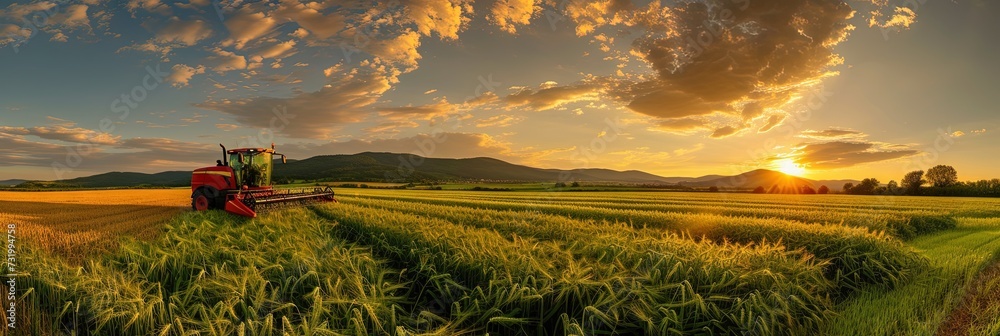
Agriculture
Sustainable Farming: Coexisting with Nature
In an era marked by increasing environmental concerns and the urgent need for sustainable practices, we are committed to adopting eco-friendly methods that ensure the cultivation of coffee, beans, wheat, and other ground nuts in harmony with nature. This commitment is not merely a choice; it is a responsibility we embrace to protect our planet and its resources.
The Importance of Eco-Friendly Practices
Sustainable farming practices are essential for the preservation of our environments. By utilizing methods that prioritize ecological balance, we can reduce the negative impacts of agriculture on our surroundings. This includes minimizing chemical usage, conserving water, and promoting biodiversity. Such practices not only safeguard ecosystems but also foster healthier agricultural systems.
Supporting Local Farmers
One of the most significant advantages of sustainable farming is its positive impact on local farmers. By investing in eco-friendly agricultural techniques, we empower farmers to enhance their productivity while maintaining the integrity of the land. This support is crucial in ensuring that farmers can thrive economically, which in turn contributes to the overall health of rural communities.
Enriching Soil Health
Healthy soil is the foundation of successful agriculture. Sustainable farming practices focus on enriching soil health through natural methods such as crop rotation, cover cropping, and organic amendments. These techniques improve soil fertility and structure, leading to increased yields and better quality produce. By nurturing the soil, we ensure that it remains productive for generations to come.
Guaranteeing Quality Commodities
Sustainable farming not only prioritizes environmental health but also guarantees the quality of the commodities we produce. By cultivating crops in a responsible manner, we can ensure that the food we provide is nutritious and safe for consumption. This commitment to quality is vital in building trust with consumers who are increasingly concerned about the origins and impacts of their food.
The Story Behind Every Crop
We choose sustainability because every crop tells a story of care and responsibility. Each harvest reflects the dedication and hard work of farmers who strive to balance productivity with environmental stewardship. These stories remind us of the interconnectedness of our actions and the world around us. By choosing sustainable methods, we honor these narratives and contribute to a legacy of respect for the earth.
A Call to Action
As we look to the future, it is clear that the path to sustainable farming requires collective action. We must all play a role in promoting eco-friendly practices and supporting local farmers. Together, we can create a future where agriculture thrives in harmony with nature, ensuring a sustainable and healthy environment for generations to come.
In conclusion, our commitment to sustainable farming is not just about the present; it is about securing a better future for our planet and its inhabitants. By embracing eco-friendly practices, we can cultivate a world where nature and agriculture coexist, fostering resilience and sustainability for all.
